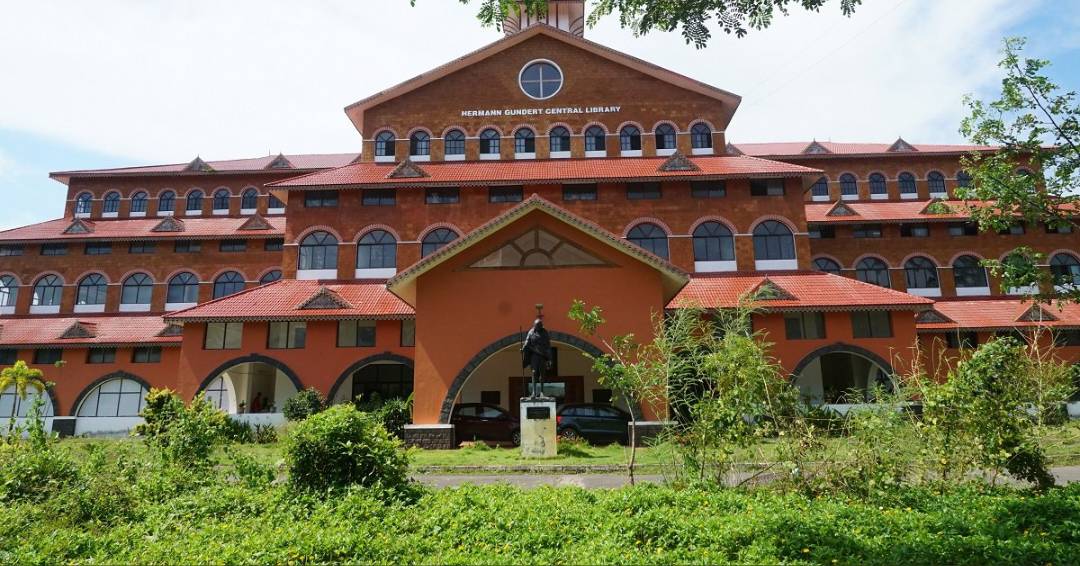
Colleges affiliated with Kannur University commenced their postgraduate classes on August 7, Monday, amid a concerning lack of clarity about the curriculum. Both students and educators are grappling with uncertainty as they navigate the absence of syllabi and subject guidelines.
A glaring issue has arisen due to Kannur University’s failure to revise its postgraduate syllabi for affiliated colleges over an eight-year period. Additionally, the absence of boards of studies, which are responsible for syllabus revisions, for the past year and a half has exacerbated the situation.
Vice-Chancellor Gopinath Ravindran formed ad hoc committees for 27 PG programs in April and set a deadline of July 16 for submitting proposed new syllabi. However, the university approved the framework for designing syllabi on August 5, the day before classes began, leaving committees with little time to adapt.
The Kerala Private College Teachers’ Association (KPCTA) has criticized the university for its lackadaisical approach towards education. The association’s Kannur regional committee stated that this incident exemplifies the erosion of academic standards within universities.
Dr. Shino P Jose, president of the KPCTA’s Kannur regional committee, lambasted the Vice-Chancellor’s inability to timely frame syllabi for PG programs, citing it as evidence of misplaced priorities.
The KPCTA has urged the university to disband the ad hoc committees responsible for revising syllabi and collaborate with the Governor (the university’s chancellor) to establish proper boards of studies.
While some ad hoc committees have submitted draft syllabi, issues arise due to the absence of a coherent framework. Teachers reported contradictory and grammatically flawed draft regulations, reflecting hasty preparation.
Despite the impending academic term, the university is yet to finalize the content of the new syllabi. Teachers raised concerns that students should be able to make informed decisions based on the offerings outlined on the university’s website.
The stagnant PG program syllabi also attracted criticism. The lack of syllabus revisions over an eight-year period has resulted in an educational disparity, with undergraduate students benefiting from updated content while postgraduate students are left with outdated material.
Furthermore, inconsistencies in aligning with international standards have been highlighted. For instance, the university’s teaching of accounting principles differs from the globally recognized standards, potentially hindering students’ employability.
Kannur University’s Vice-Chancellor announced plans to allocate seats for students from Manipur, offering them time to provide necessary documentation for admission. However, this initiative highlights the university’s misplaced priorities, as addressing the syllabus and curriculum issues should take precedence.
The conflict between the university and the Governor over the composition of boards of studies continues. The university’s unilateral actions without obtaining the Governor’s recommendations led to the quashing of board appointments. Despite subsequent attempts, a resolution has not been reached.
As of now, the university’s ad hoc committees have not delivered the much-needed revisions to PG program syllabi, leaving students and teachers in a state of uncertainty. The larger issue of governance and academic integrity within the university remains a concern that requires resolution.

Post Your Comments